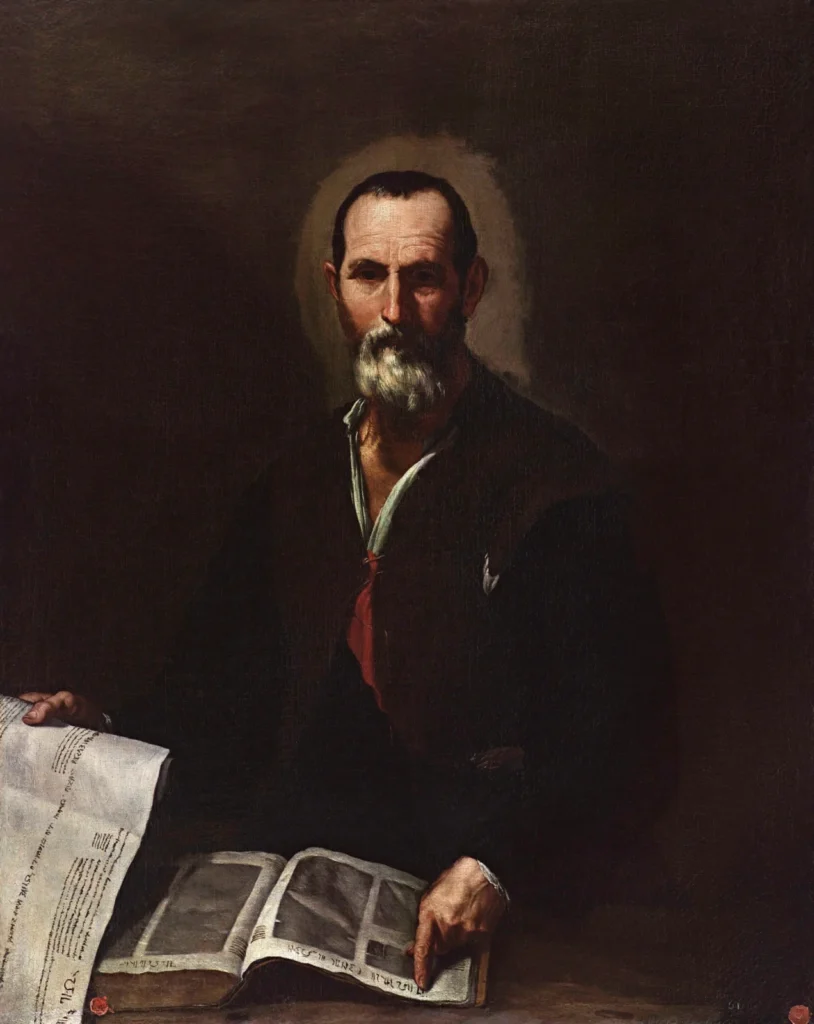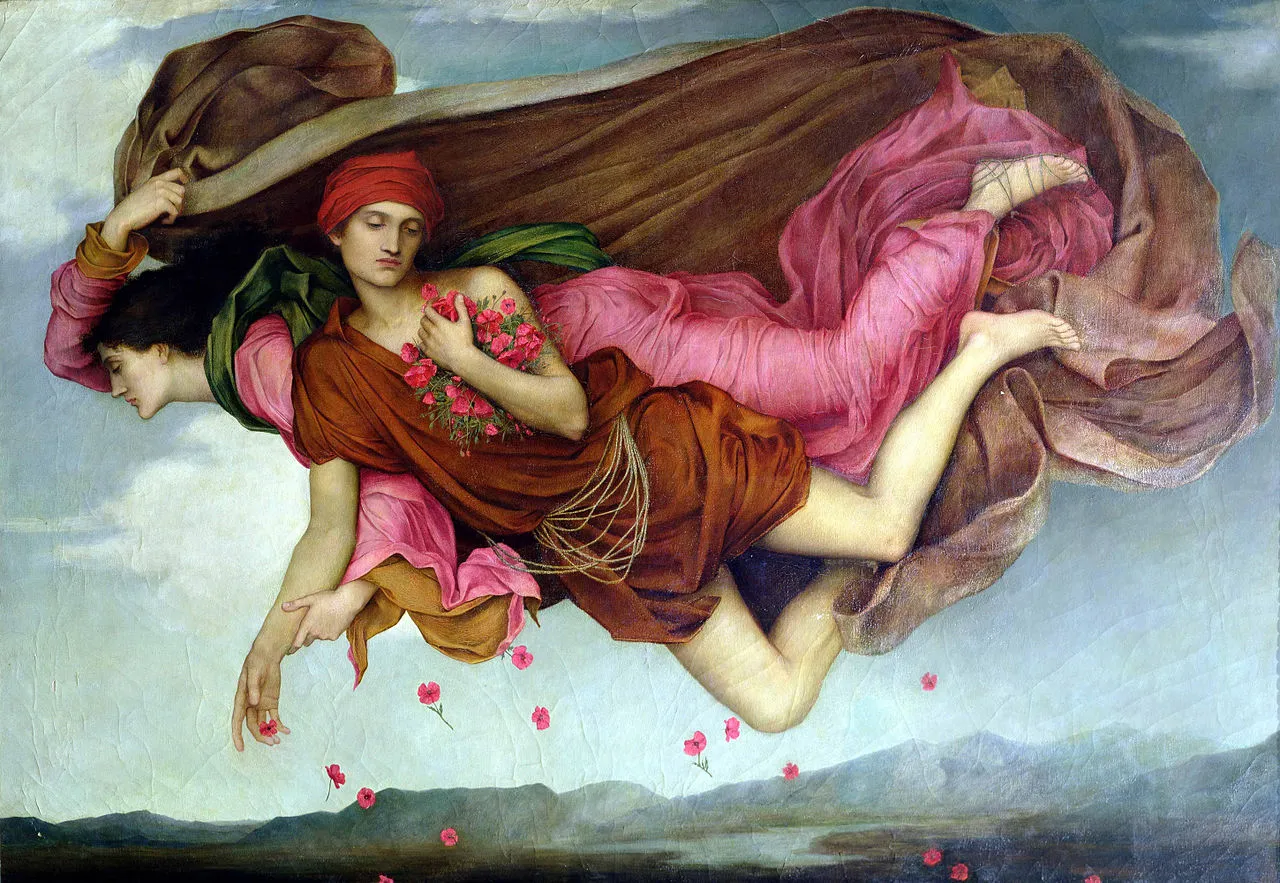There exists a gate through which the Spirit engraves its signature upon flesh and mind; the Ascendant. In the soul of Carl Gustav Jung, that gate stood as a stone portal; a crystal dial, turning at the edge of the world, set beneath the watch of Saturn in the cold, lucid airs of Aquarius. The child who entered life at this hour bear a chalice quarried from the bones of stars, guarded by the architect of silence.
To contemplate Jung’s Ascendant is to encounter the fixed cross of the heavens, where the winds are stilled by decree, and all that is mutable must pass through the scrutiny of an unmoved watcher. Saturn, in domicile reigns at the summit of the eastern horizon; a guardian of form, a legislator of Spirit. The surface is crystalline and unyielding; but labyrinths proliferate beneath.
In his nativity, Jung received a structure so rarefied and so relentless that its boundaries shaped the very possibility of psychological work. No tempest of the unconscious swept him from his position; he constructed an observatory within the storm. The Aquarian Ascendant, supported at all angles by the fixity of Taurus, Leo, and Scorpio, resists dissolution. Such resistance is the sign of a soul prepared for interiority’s greatest labours.
But the story of this Ascendant, and of the Saturn within it, unfolds across many worlds. The visible edifice belongs to Yetzirah, the world of forms, yet underneath it pulse waters drawn from Briah, the world of creation; the Dodecatemoria of Pisces within the Ascendant, and of Scorpio within Saturn, reveal a priestly, gnostic river flowing in shadow, submerging all claims of mere intellect.
I. The Saturnine Watcher and the Laboratory of the Psyche
Aquarius rises and its Saturn happens to be enthroned in his own house. This Saturn stands armed and visible, retrograde, retreating within and marking the native as one whose glance circles always backwards through history, archetype, and loss. The degrees themselves record a proximity to the Lot of Victory, so close that the body bears a commission; to defend, to build, to outlast, and to distil the wine of experience for generations unimagined.
The four corners of this chart rest upon fixed signs; Aquarius ascends, Taurus anchors the roots, Leo commands the horizon of the Other, and Scorpio crowns the upper heavens. Stability reigns, but, within this stability, storms accumulate; the map is a citadel constructed at the edge of abyss.
Saturn’s aspectual network reveals a royal and infernal plot. A separating quadrature with the Sun in Leo on the Descendant forges an eternal opposition between the nocturnal governor and the solar will. The Sun commands the stage of encounter; Saturn claims the entryway of incarnation. This conflict sows the very field of individuation; the Shadow is born as a sacrament. Jung’s theory germinates from the friction between the diurnal ego and the chthonic structure that Saturn imposes.
The quadrature to Neptune in Taurus, rooted in the fourth house, attests to a soul compelled to shape mythic chaos into intelligible form. The Neptunian humus of the ancestors, the living compost of collective dream, finds itself forever chiselled and named by Saturn’s icy intention. It is a battle for translation; the numinous becomes, through Saturn, image and system.
Pluto, also in Taurus and likewise in the fourth, receives Saturn’s square as an undertow of tectonic force. The house of origins is shaken by the necessity of psychic death and renewal. In descending to the crypts of the collective, Jung establishes ritual. The inheritance of family and culture collapses so that a new alchemical foundation may be laid, stone by stone, beneath the watchful eye of Saturn.
A partile square, nearly exact, links Saturn to the Midheaven in the earliest degree of Sagittarius, itself housed within the eleventh. The native’s vocation is pressed against the armature of tradition; public destiny is achieved by persistent refusal to inhabit prescribed forms. Jung’s renown proceeds from the forging of a common language for those who, like himself, dwell at the limen of the invisible.
Nevertheless, among these resistances stands the trine to Jupiter in Libra, in the ninth house; a merciful radiance crossing the chart as a rainbow through stormclouds. Saturn, austere, receives the harmony of Jupiter, planet of wisdom, justice, and synthesis. Together, they sanctify the path of philosophical enquiry. The cathedral of Jung’s thought rises from the accord between form and meaning, as well as discipline and grace.
The other malefic Mars, in Sagittarius, in the house of community, approaches Saturn by sextile, offering the will to struggle, to debate, to drive onward into the territory of the collective. Jung’s work is never merely individual; its conflicts, alliances, and polemics are necessary for the evolution of the group soul.
The square to the exalted Moon in Taurus, although less lauded, may be the most operative of all. The maternal inheritance, the instinct to preserve, endures a relentless demand for interior discipline. No peace is granted. The private realm is the field upon which Saturn refines his gold; the personal is forged into the archetypal.

II. Kabbalistic Undertow and the Dodecatemoria of Spirit
The entire nexus of the Aquarian Ascendant unfolds within the schema of the Tree of Life. Saturn, as Binah, constitutes the World of Understanding; she is the Great Mother, the matrix of all form. In the natal chart of Jung, Saturn stands as the primal pillar of construction; the gate by which form emerges from the womb of silence. But this Binah is not isolated in her sphere. The very Ascendant, visible in Yetzirah, is haunted by the presence of Pisces in its Dodecatemoria. Therefore, beneath the surface of Form, flows the current of Briah, the world of creative spirit. The native’s flesh is more than form: it is offered, surrendered, dissolved within the waters of the collective.
Within Saturn himself, the Dodecatemoria of Scorpio presides. The watcher is also the transformer. Binah’s dark ocean finds its echo in the Scorpionic command to descend, to enter the tomb, to be reborn through tribulation. This Saturn is the priest at the frontier and, yet, behind his mask, lies the serpent; a wisdom drawn from venom and transmutation.
The interaction between the Ascendant and Saturn, crowned by layers of Briah, means that all gestures, discipline, and structure imposed upon the self is mask and metamorphosis. Aquarius, the sign of air fixed, gives language to Spirit; Saturn, at home, ensures that speech never falls into mere dissipation, but is crystallised, weighed, and sanctified.
The lunar square, too, is transfigured in this kabbalistic context. The Moon, exalted in Taurus, represents plenitude, fertility, the abundance of the maternal ground. The challenge imposed by Saturn is to refine it, to render it suitable as a vessel for revelation. The tension becomes the engine of gnosis.
The position of the Midheaven, exiled from the natural house and displaced into the eleventh, signals the vocation of the World Soul. Jung’s work, therefore, is a Liturgy of the Collective. The mission is released into the circles of kindred Spirits, fellow travellers, allies in the temple of the unseen.
The map breathes the air of ritual; with the powers of Binah, Scorpio, and Pisces collaborating to initiate the flesh into the service of the Spirit.
Coda: Saturn’s Archangel and the Gate of Binah
To meditate upon Saturn domiciled in the Ascendant of Aquarius is to meditate upon the threshold itself. The Saturn of Jung is not the Saturn of Capricorn, who patrols the limits of Assiah, the world of action and matter; he is the Saturn of Yetzirah, architect of form, and nonetheless haunted by the secret tides of Briah, the world of Spirit. The tower stands upon the wind, but its stones are inscribed with the waters of the abyss.
Capricornian Saturn, when ensconced in the twelfth house, as in his case, becomes the watcher of endings, the sentinel who draws the veil between life and afterlife. In Jung’s chart, that house holds the Syzygy, the marriage of sun and moon, yet even this mystery unfolds beneath the higher command of Binah. The house is given over to the night, but the horizon is already alight with the dawning of new law.
Within the citadel of Jung’s Ascendant, the figure who keeps watch Caffiel, the of the Seventh Day. In the tradition of the mystics, he presides over the limen where creation rests, with a patience that sanctifies time itself. Cassiel is the archangel who knows silence as a Holy element. To be born with Saturn enthroned at the Ascendant is to be marked by his watch. Cassiel’s hand writes in invisible ink upon the brow, inscribing a law of slow becoming. In the air of Aquarius, that law is breath and limit. The soul is refined through the sabbath of the seventh day, the sacred pause in which all true transformation occurs.
In Jung’s nativity, the Saturnine angel writes a poem of patience. All is ritualzied. The fixed air becomes the breath of prayer, the discipline becomes liberation, the mask turns into a sacrament. Such is the gift and tribulation of one born beneath the sign of Saturn, guardian of the threshold, who through the cold wind of Aquarius serves as conduit for the living waters of the soul.
Fiat Lux.
